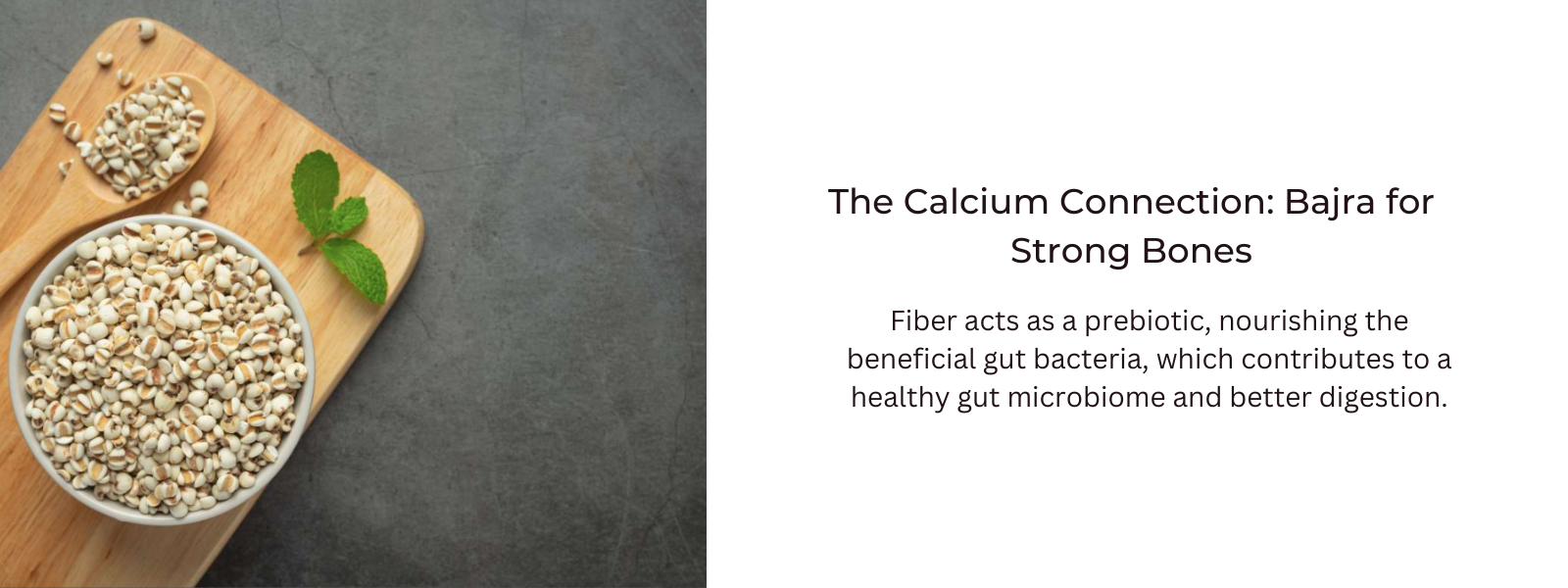Calcium, renowned for its role in bone health, offers a diverse array of benefits beyond its contribution to skeletal integrity. While it fortifies bones and teeth, calcium is also crucial for muscle function, nerve transmission, and blood clotting. Additionally, it plays a pivotal role in regulating heart rhythm and supporting cardiovascular health. Calcium aids in hormone secretion, cell signaling, and enzyme activation, influencing various physiological processes throughout the body. Moreover, emerging research suggests potential links between calcium intake and the prevention of conditions like hypertension, certain cancers, and metabolic disorders. With dairy products, leafy greens, nuts, seeds, and fortified foods serving as excellent sources, incorporating calcium-rich foods into one's diet can promote holistic health and vitality.
Table of Contents
What Is Calcium?
Calcium is a mineral that is essential for various bodily functions, primarily known for its role in building and maintaining strong bones and teeth. It is the most abundant mineral in the human body, with about 99% of the body's calcium stored in the bones and teeth. In addition to its structural role, calcium is involved in muscle contraction, nerve signaling, blood clotting, and cell function. It helps regulate heart rhythm, supports hormone secretion, and assists in enzyme activation and cellular signaling pathways. Calcium is obtained through dietary sources such as dairy products (milk, cheese, yogurt), leafy green vegetables, nuts, seeds, fortified foods, and supplements. Maintaining adequate calcium intake is crucial for overall health and well-being, as deficiency can lead to weakened bones, increased risk of fractures, and other health complications.
Calcium Beyond Bones:
- Muscle Function: Calcium plays a crucial role in muscle contraction and relaxation. When a nerve signal triggers a muscle to contract, calcium ions are released from storage within muscle cells, allowing the muscle fibers to contract. Adequate calcium levels are essential for maintaining proper muscle function throughout the body, including skeletal muscles, cardiac muscles (heart), and smooth muscles (found in organs like the digestive tract).
- Nerve Transmission: Calcium ions are involved in nerve transmission, allowing nerve cells to communicate with each other and transmit electrical signals throughout the body. Calcium plays a key role in neurotransmitter release, which is essential for proper brain function and the transmission of signals between neurons.
- Blood Clotting: Calcium is necessary for blood clotting, a process known as coagulation. When a blood vessel is injured, calcium ions help activate proteins called clotting factors, which form a clot to stop bleeding. This process is crucial for wound healing and preventing excessive blood loss.
- Heart Health: Calcium is essential for maintaining normal heart rhythm and function. It helps regulate the contraction of cardiac muscle cells, ensuring that the heart beats in a coordinated and efficient manner. Calcium ions play a key role in generating the electrical impulses that control heart rate and rhythm, making them essential for cardiovascular health.
- Enzyme Activation: Calcium is involved in the activation of numerous enzymes throughout the body, which are essential for various metabolic processes. Enzymes are proteins that catalyze chemical reactions in the body, including those involved in energy production, nutrient metabolism, and DNA synthesis.
- Cell Signaling: Calcium ions act as second messengers in cell signaling pathways, transmitting signals from the cell surface to the nucleus and regulating gene expression. Calcium signaling is involved in a wide range of cellular processes, including cell growth, differentiation, and apoptosis (programmed cell death).
- Hormone Secretion: Calcium plays a role in hormone secretion by regulating the release of hormones from endocrine glands such as the thyroid, parathyroid, and adrenal glands. Hormones are chemical messengers that help regulate various physiological processes in the body, including metabolism, growth, and reproduction.
- Potential Health Benefits: Emerging research suggests that adequate calcium intake may have additional health benefits beyond bone health. Some studies have suggested potential links between calcium intake and the prevention of conditions such as hypertension (high blood pressure), certain cancers (e.g., colorectal cancer), and metabolic disorders (e.g., obesity, type 2 diabetes).
Best Sources Of Calcium:
Calcium can be obtained from various dietary sources. Here are some common sources of calcium:
- Dairy Products: Milk, yogurt, and cheese are rich sources of calcium. Opt for low-fat or non-fat varieties to limit saturated fat intake.
- Leafy Green Vegetables: Dark leafy greens such as kale, collard greens, spinach, and turnip greens are excellent sources of calcium.
- Fortified Foods: Many foods, including plant-based milk alternatives (such as soy milk, almond milk, and oat milk), orange juice, tofu, and breakfast cereals, are fortified with calcium.
- Nuts and Seeds: Almonds, sesame seeds, chia seeds, and tahini (sesame seed paste) are good sources of calcium.
- Sardines and Canned Salmon: These small, oily fish with edible bones are high in calcium. Canned salmon with bones is also a good source of calcium.
- Beans and Legumes: Certain beans and legumes, such as chickpeas, white beans, and black-eyed peas, contain calcium.
- Fortified Grains: Some grains, such as fortified bread, tortillas, and cereals, contain added calcium.
- Certain Vegetables: Other vegetables, including broccoli, bok choy, okra, and kale, contain moderate amounts of calcium.
- Figs: Dried figs are a good source of calcium.
- Fortified Tofu: Some tofu products are fortified with calcium, providing an additional source for those following a plant-based diet.
How To Incorporate Calcium Into Your Diet?
Incorporating calcium into your diet is essential for maintaining strong bones and overall health. To ensure you meet your daily calcium needs, include a variety of calcium-rich foods in your meals and snacks. Start by incorporating dairy products like milk, yogurt, and cheese into your diet, opting for low-fat or non-fat varieties to limit saturated fat intake. Dark leafy greens such as kale, spinach, and collard greens are excellent plant-based sources of calcium, so try adding them to salads, stir-fries, or smoothies. Additionally, choose fortified foods like plant-based milk alternatives, tofu, orange juice, and breakfast cereals to boost your calcium intake. Snack on nuts and seeds like almonds, sesame seeds, and chia seeds, and incorporate calcium-rich canned fish like sardines and salmon with bones into your meals. By including a variety of calcium-rich foods in your diet, you can ensure you meet your daily calcium needs and support optimal bone health.
Conclusion:
Calcium is a versatile mineral with a wide range of physiological functions beyond its role in bone health. From muscle function and nerve transmission to blood clotting and heart health, calcium plays a vital role in maintaining overall health and well-being. Ensuring an adequate intake of calcium through dietary sources or supplements is essential for supporting these diverse functions and promoting optimal health throughout life.











Leave a comment